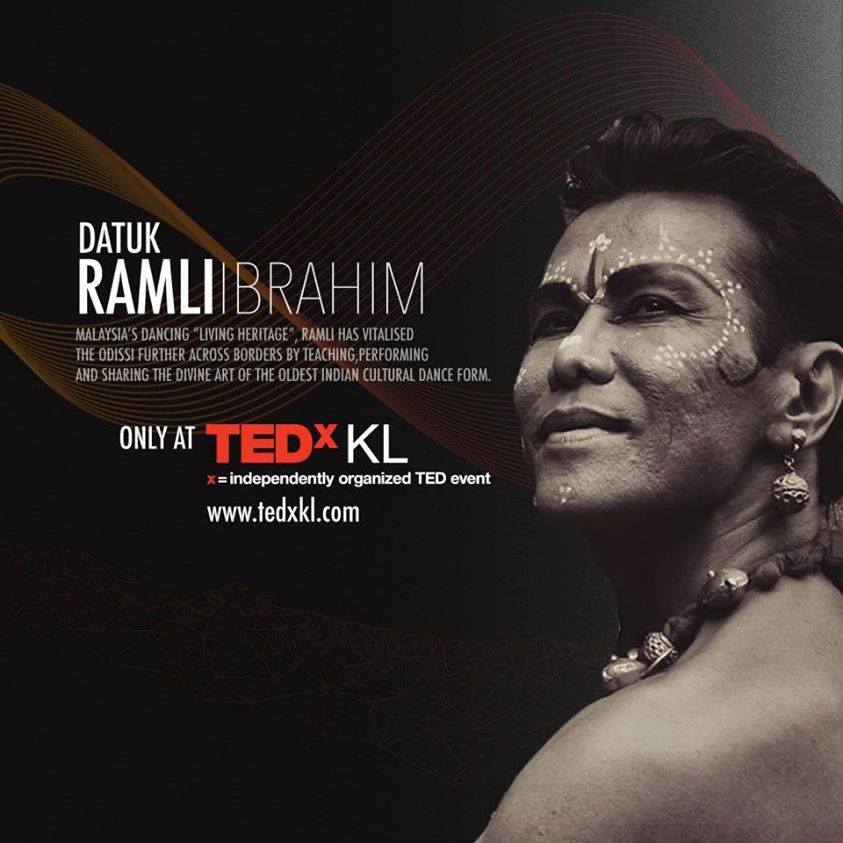The distance of the sea between India and Malaysia has not come in the way of Ramli Ibrahim’s love for Odissi. In fact, he is responsible for spreading the dance form in his country and been feted with several top awards – a pointer to the age old links between India and Southeast Asia.
Ramli, who received the Sangeet Natak Akademi award in 2011 from the president of India, has performed his ‘Krishna Love Reinvented’ Odissi dance presentation across the world, including in the US and India.
“I have been performing in India for more than 25 years. I am based in Kuala Lumpur,” Ramli, who is chairperson of the Sutra dance foundation, told IANS.
Ramli, a Malay Muslim, was in India to participate in the two-day international conference on Asean-India Cultural Links here.
He said that his pursuing Odissi and spreading the dance form is proof that Asean-India cultural links are continuing.
“The Asean-India cultural links are continuing. I represent the human agency, the ground level interactive, independent efforts that contributed to the Asean-India cultural links,” said Ramli.
Ramli learnt the ancient dance form, which is highly stylized and marked by sensuous movements, under late Guru Debaprasad Das.
“We have established Odissi as a major dance form (in Malaysia), like Bharatnatyam. We run Odissi festivals in Malaysia,” said Ramli, who has more than 200 students learning Odissi under him.
“Due to our efforts there are more than 10 institutions teaching Odissi,” he said, adding that a majority of those learning dance, mostly Malaysian Tamils, prefer Bharatnatyam.
Now more Malaysians, Chinese and Indian-Chinese are learning Odissi, he added.
Ramli has performed at prestigious dance events, including at the Purana Quila, at Kamani auditorium and at Azad Bhavan, located at the Indian Council for Cultural Relations (ICCR).
“I have performed in over 40 cities, since 1985, with my troupe,” said Ramli, who was called to give a special performance before former prime minister Manmohan Singh during his visit to Kuala Lumpur in 2010.
Source: IANS link

